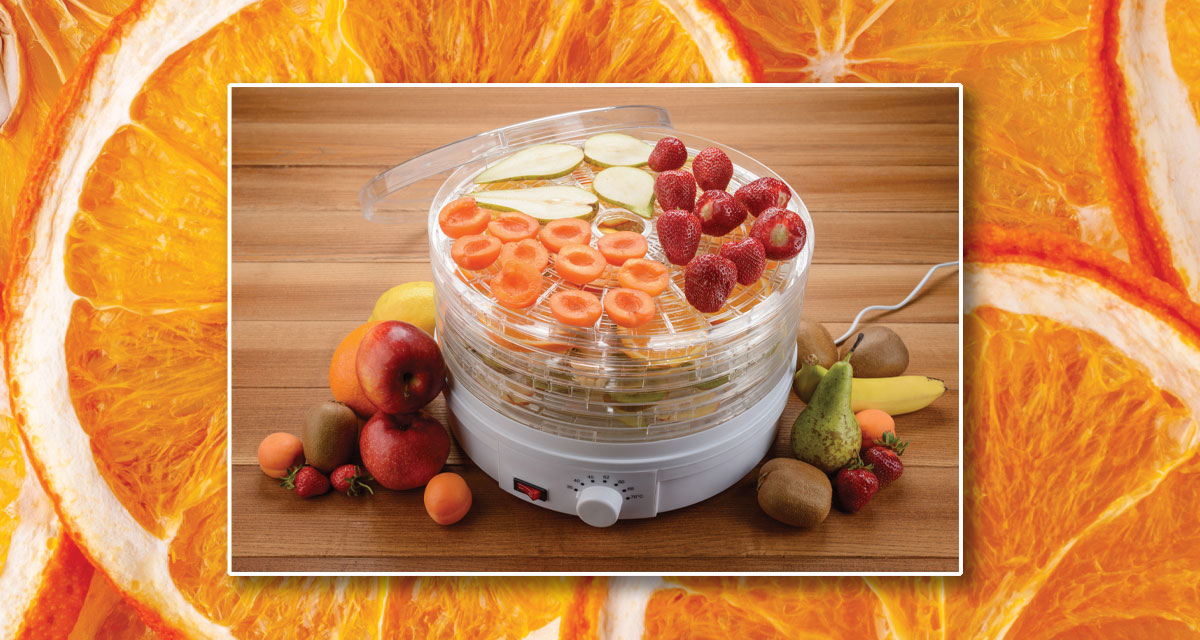Imbedded in our minds is the worrisome mantra, “What if…” that spans topics from safety and financial security to the health of loved ones, pets, and self. Pondering “What can I do?” can lead to a proactive decision to invest time in the ultimate insurance policy—valuable life skills comprising security, shelter, food, water, and medical care! In any emergency from extreme weather to a personal disaster, you have the power to take charge of your fate by making plans and taking action!
One instructive outcome of 2020 was the realization that we may not always have the luxury to shop supermarket aisles to locate the food we need to feed our families. We all experienced bare shelving and limiting products per household. While food storage sounds like an expensive and overwhelming enterprise, fortunately, planning and preparation never end. Each month, consider setting aside a small amount to invest in expanding your pantry. It begins with having enough food for each member of your household to eat for three months. With a new determination to prepare, start enforcing the habit of replacing one popular item with two more. The first steps require a plan to buy grocery store products, bulk dry foods, freeze-dried or dehydrated foods, and, in some cases, sealable, airtight containers. Mason jars of all sizes work great!
Grocery Store Items
Familiarity is the reason why we go to the grocery store. Without looking at signs, we know where to find every item on our list. We enjoy the ease of opening cans or packages and having a meal readily available in minutes; but start looking at expiration dates when you reach for your family’s favorite comfort foods. Canned chicken and tuna, soups, sauces, and spices all have a timeline of consumption. It’s important to have “extra” on hand. Young children and teens need the calories to grow; therefore, you know it will be consumed!
Tip: Take time to look at your recipes for ingredients that can be found as a canned good. Typically, the shelf life is two years and often longer!
Tip: Start freezing broth in Ziploc bags, laid flat in the freezer, and place beef and chicken bouillon cubes in vacuum-sealed Mason jars. Don’t forget to label and date! Thinking outside the box can help you when it’s most needed!
Dehydrated Foods
The beauty of dehydrated foods is that they are 100% natural, which in their raw form allows you to benefit from their essential vitamins and minerals. Everything you need from eggs and butter to milk items, such as sour cream and cream cheese, and that includes fruits and vegetables, is available in a dehydrated or freeze-dried variety. Your dehydrator may be dusty from lack of use, so consider all the items that can comprise a homemade soup, vacuum-sealed in a Mason jar for extended life.
Tip: 2020 taught us the value of growing our own foods. Whether you grow them in a bucket, barrel, planter, raised bed, or the ground, consider investing in amending the soil and growing fruits and vegetables. Start planting in late March through June, and begin again in August through October!
Freeze-Dried Foods
Rather than placing foods in a chest freezer for short-term storage, freeze-dried foods have a 30-year extended shelf-life, are lightweight, and preserve the food’s nutrients. The number one reason the market for household freeze-dryers has risen is that the food is delicious, often surpassing Grandma’s recipes! Take the plunge, and consider investing in single items, such as pineapple, corn, Mandarin oranges, or compact meals, namely, chicken teriyaki. Often wanting a “just add hot water” type of meal, Survival Moms and Dads need a viable solution!
Kids and Food
Kids will ravage food supplies. One week, it may be grape jelly, while other weeks will show noticeably fewer peanut butter crackers or powdered lemonade packets. Your shopping may have a new focus, but the family also needs to become invested in the idea. Try reading books together, such as The Ant and the Grasshopper or the Little House on the Prairie series. The lessons apply perfectly today! The goal is investing in our future; therefore, start talking about the purpose of the pantry and how the foods in it can make great meals. Grandmas will love bragging that their grandchildren know how to make homemade pancake batter from scratch, and bread, pizza, and pretzel dough. Not every item comes from a box or a grocery store!
Next Month Presents: Long-Term Food Storage and Containers



















